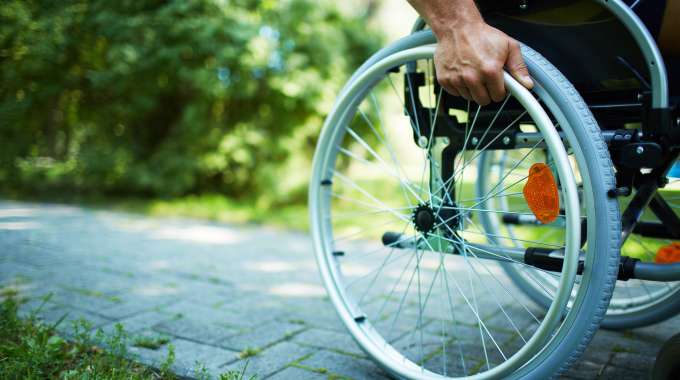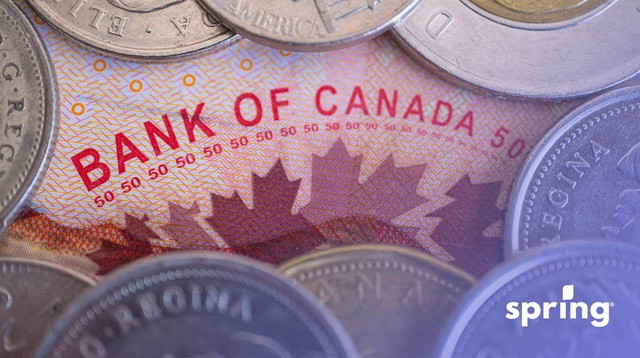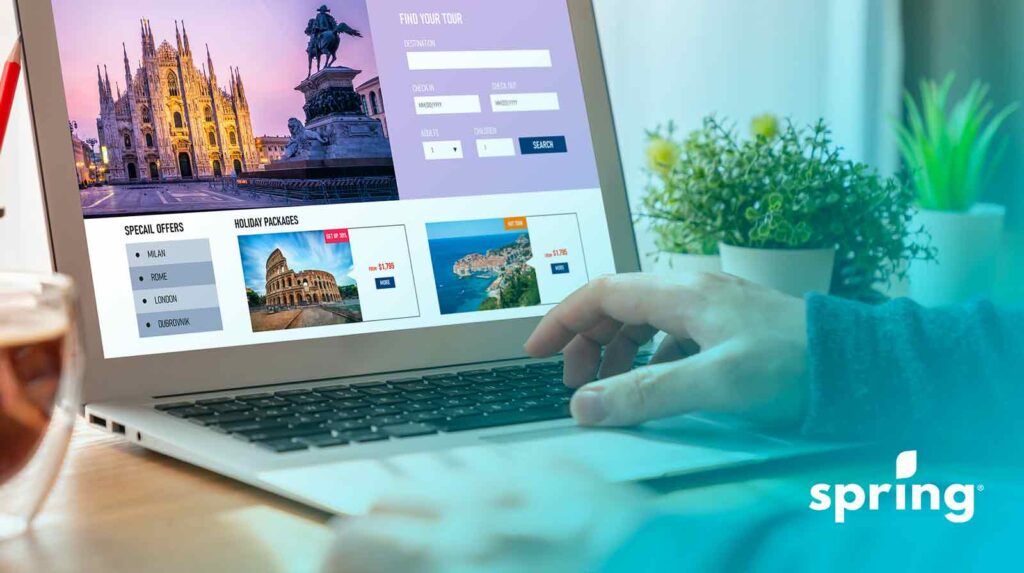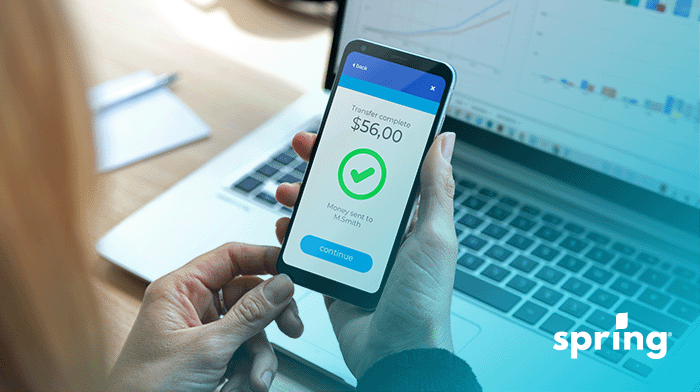Did you know that there are government grants that can help you with some of these expenses?
BC Homeowners Grant
Did you know that if you own a home in British Columbia that you can get a reduction of your municipal property taxes? With that said, you do have to be an eligible homeowner. You must:
- Be at least 19 years old
- Be a permanent resident of Canada or a Canadian citizen
- Live in BC
- Live in the house (it should be your primary residence)
- Be the registered owner of the residence (or one of them)
With the BC Homeowners Grant, there is also a grant threshold. This means that the assessed or partitioned value of your home can’t exceed this amount. Keep in mind that this isn’t the purchase price, this is what BC Assessment shows as the market value of your home. For 2023, the grant threshold amount is $2,125,000.
If your property’s assessed value exceeds that threshold amount but it meets all of the other criteria then you can still apply for the grant, but it will be given at a reduced amount. However, if the value of the home exceeds $2,334,000 in northern and rural areas or $2,294,000 in other areas, you can receive a partial grant.
How Much is the Grant?
The amount for the basic grant in BC is the same for everyone unless you qualify for any additional grants. If you live in the Capital Regional District, the Metro Vancouver Regional District, or the Fraser Valley Regional District, then the standard grant amount is $570.
For the rest of the province, the amount is $770. If you are a senior, veteran, have a disability, live with a spouse or relative with a disability or you are the spouse or relative of a deceased owner, you could then qualify for larger grant amounts. That said though, property owners in British Columbia must pay a minimum of $350 for their property taxes yearly.
In order to receive these additional grants you must qualify. Getting the seniors grant is simple since it’s an option on the homeowners grant application. The disabilities grants are more complex. To be approved for the disability grant, you must meet all of the other requirements as well as either:
- Receive disability assistance from the province, hardship assistance or a supplement under the Employment and Assistance for Persons with Disabilities Act
Or
- Pay at least $150 per month for assistance with daily activities. This can be for you, your spouse or yourself. You could also have spent at least $2,000 in structural modifications to the home or purchased it that way with at least $2,000 worth of work done.
How and When to Apply
Applications for your BC Homeowners Grant can be completed at any time throughout the tax year. If you qualified for the grant last year but didn’t apply, you can apply retroactively. Keep in mind though that if you fill out your grant application late, you could be charged some late fee penalties.
When it comes to applying for the grant, only one person can apply even if there is more than one homeowner. If you are wanting to qualify for a grant other than the standard amount, the person who meets the qualifications must be the one that applies.
In order to apply, there are a few different ways you can go about it. You can apply online, via phone call with an automated service or with a live agent, or you can go to a Service Canada branch, If you pay your taxes through the bank, you will have to file the grant yourself. If you choose to go into the designated location to pay your property taxes, you can likely hand in your homeowners grant application there at the time of payment.
The most common way to apply for the Homeowners Grant is online. In order to do this, you are going to need the jurisdiction number and roll number for the property. These can be found on your assessment from BC Assessment or your Property Tax Notice. You can also search these numbers on the BC Assessment website. If you have these numbers along with your social insurance number, then you will be able to complete your application.

Other Provincial Rebates
Every province has their own programs that help to reduce what you pay as a homeowner. BC offers the homeowners grants, but what do the rest offer?
- Alberta – Peak Housing Initiatives Program allows middle class individuals and families to get help with a down payment and purchase a home.
- Saskatchewan – You can get a provincial first time home buyers tax credit as well as a federal one.
- Nunavut – the NDPA or down payment assistance program helps homeowners to get 10% for their down payment instead of the minimal 5%.
- Prince Edward Island – In PEI you could get the First TIme Home Buyers Transfer Tax Exemption, meaning you don’t pay for the registration of the deed of conveyance.
- Nova Scotia – The First Time Home Buyers Rebate Program allows you to get some money back on your purchase if you meet the requirements.
- Ontario – In Ontario, first time home buyers can get a refundon their land transfer taxes.
- New Brunswick – The Home Ownership Program helps modest income families buy or build their first home.
- Quebec – You can get a Home Buyers Tax Credit as a first time home buyer.
- Northwest Territories – The Home Purchase Program helps modest income residents by providing them with part of the down payment for their first home.
Other Ways Homeowners can Save Money
While the Homeownesr grant is only available in BC, there are plenty of other grants and ways to save money available for homeowners as well as prospective homeowners in Canada.
Home Buyers Plan
If you have an RRSP (Registered Retirement Savings Plan) did you know that you are actually able to use those funds as a down payment in order to purchase your first home. This is called the Home Buyers Plan and, as long as you meet the eligibility criteria, you can make a tax-free withdrawal of up to $35,000 as your home buyers amount (for an individual) in order to buy or build your home. After you have made the withdrawal, you have 15 years in order to pay the money back interest free.
Tax-Free Home Savings Account (FHSA)
This is a new type of savings account that is specifically designed to save to purchase a home. It allows you to make tax deductible contributions of up to $8,000, with a max of $40,000. Any unused contributions can be forwarded to the next year. It order to qualify for this account you must:
- Be between the ages of 18 and 71
- Be a Canadian resident
- Be a first time home buyer
Tax Credits
When you purchase your first home, when you do your income tax return, there are a few tax credits that you could qualify for from the Government of Canada. For the Home Buyers Amount credit, you could get up to the maximum amount of $750.
You can also split that amount if you purchased the home with someone else. In order to receive this credit though, you must be first time buyers and live in the home or have a related person with a disability live there. It must also be considered a qualifying home.
The next credit you could receive is the NewHousing Rebate. Some Canadian provinces will give you a particle or full tax rebate when you own a new or substantially renovated home. The home must be used as a primary residence by one of the purchasers or an immediate family member.
Canada Greener Homes Grant
This grant is meant to help Canadian homeowners make their home more energy efficient and save money while fighting climate change. They offer grants ranging from $125 to $5,000 for certain eligible retrofits done to your home.
You could also get up to $600 towards the cost of pre and post retrofit EnerGuide evaluations. These financial incentives can make it much easier to make the upgrades that you are looking for.
Along with the Greener Homes Grant, there is also the Canada Greener Homes Loan. This is an interest free loan of up to $40,000 with a repayment term of up to 10 years. It’s open to homebuyers who have an active application for the Greener Homes Grant and are in the pre retrofit stage.
Conclusion
In Canada, there are a few different ways that you can save some money when it comes to purchasing or owning a home. There also may be ways for you to jump into home ownership that you may not have been aware of before. Either way, owning a home can be expensive so saving money where you can is always helpful.








